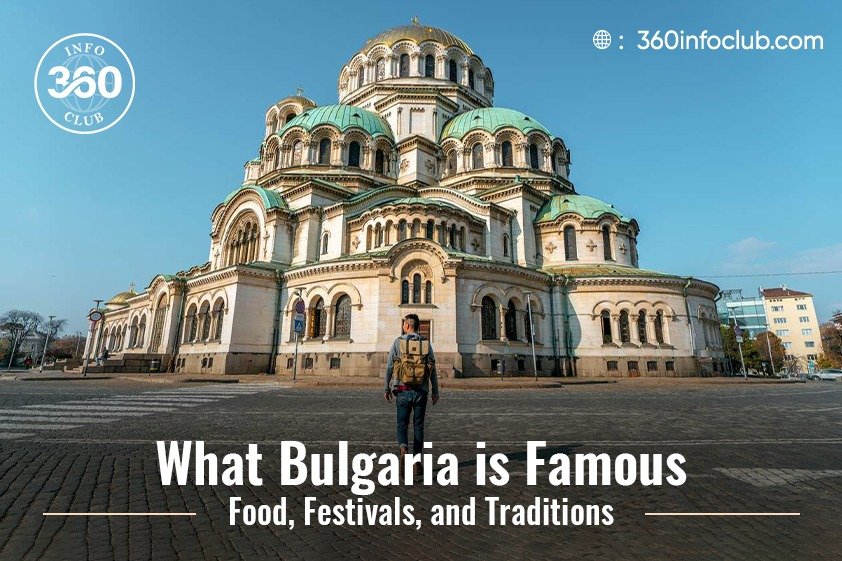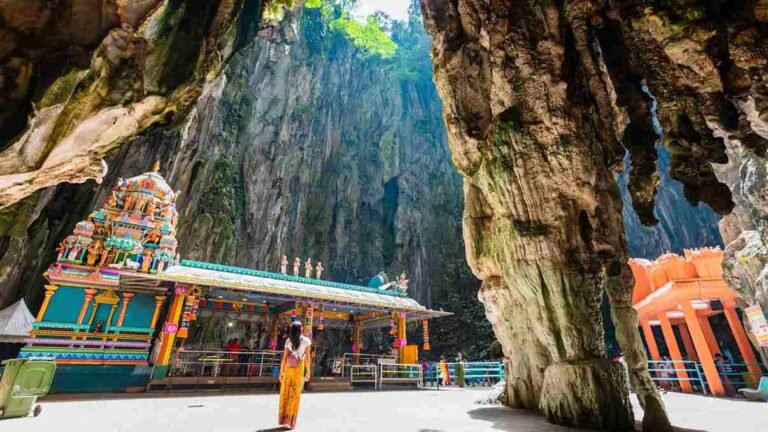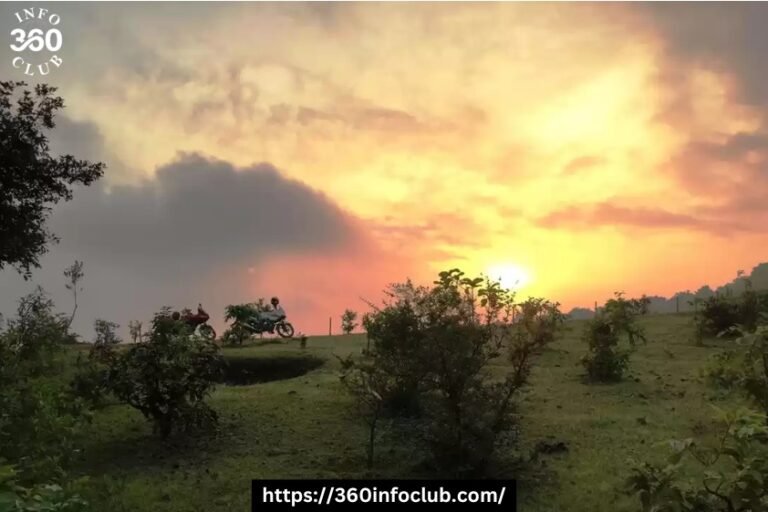What Bulgaria Is Famous For Food, Festivals, And Traditions
Bulgaria, nestled in Southeastern Europe, is a country rich in culture and history. From its delectable cuisine and vibrant festivals to age-old traditions, Bulgaria is a country full of charm and diversity. Today we covered this article to explore how its food, festivals, and traditions contribute to its unique identity. Let’s check it out:
Bulgaria’s Famous Food and Beverages
Bulgaria is the second oldest country and one of the best cheapest country to live in luxury in the European region, It is well known for its dairy products. Bulgarian medical doctor and microbiologist discovered the bacteria responsible for turning milk into yogurt. Their cuisine is a delightful blend of Mediterranean, Eastern European, and Middle Eastern influences. The use of fresh, locally sourced ingredients and traditional recipes makes their food a key part of the country’s identity. Let’s see some of the famous dishes and beverages of Bulgaria:
Traditional Dishes of Bulgaria
There are many traditional dishes that are famous in Bulgaria, we have collected some of a few dishes here:
A. Banitsa
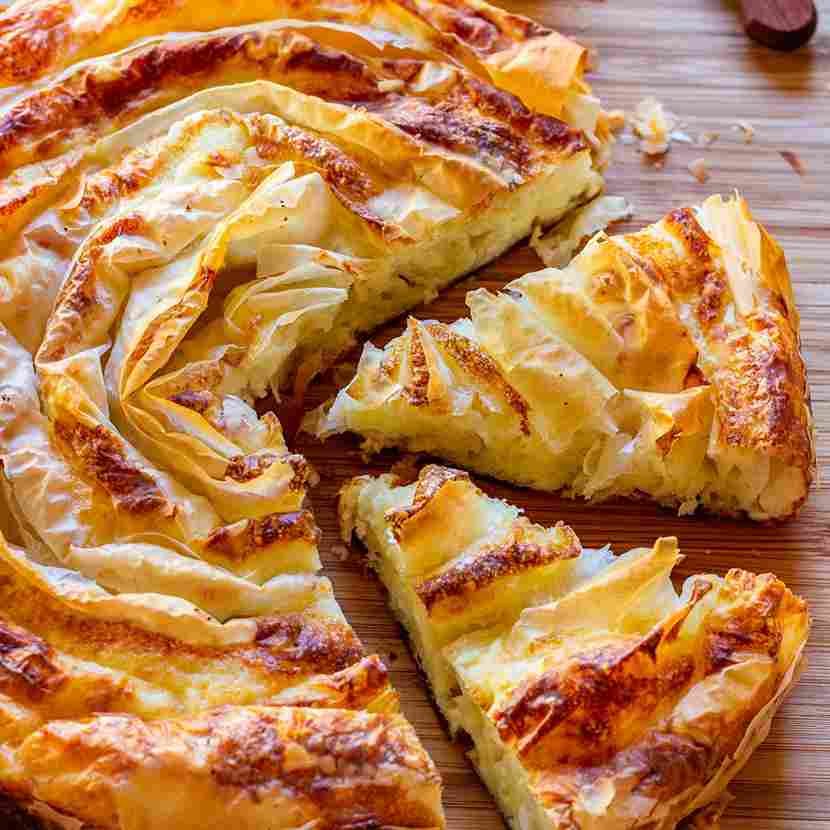
Banitsa is a beloved breakfast pastry of Bulgaria, it’s prepared by layering a mixture of whisked eggs, plain yogurt (curd), and pieces of white brined cheese which are filled between pastry and then baked in the oven. There is a tradition in Bulgaria to put some lucky charm on the pastry to start a beautiful day of life. If you are planning to visit Bulgaria, you must try Banitsa.
B. Kavarma
There are many versions of Kavarma in Bulgaria, like Chicken Kavarma, Beef Kavarma, and mixed chicken Kavarma. But the traditional kavarma is made with pork meat, Bulgarian red pink tomatoes, and some Bulgarian herbs. This Bulgarian dish is very easy to make and has a delicious taste, you must try it at home once.
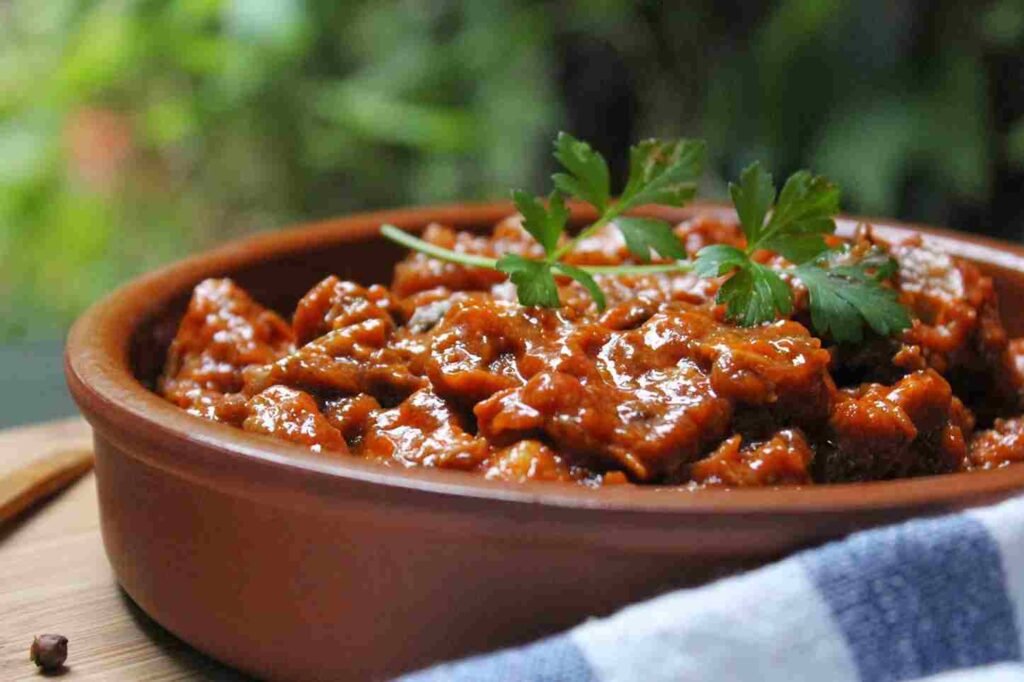
C. Shopska Salad
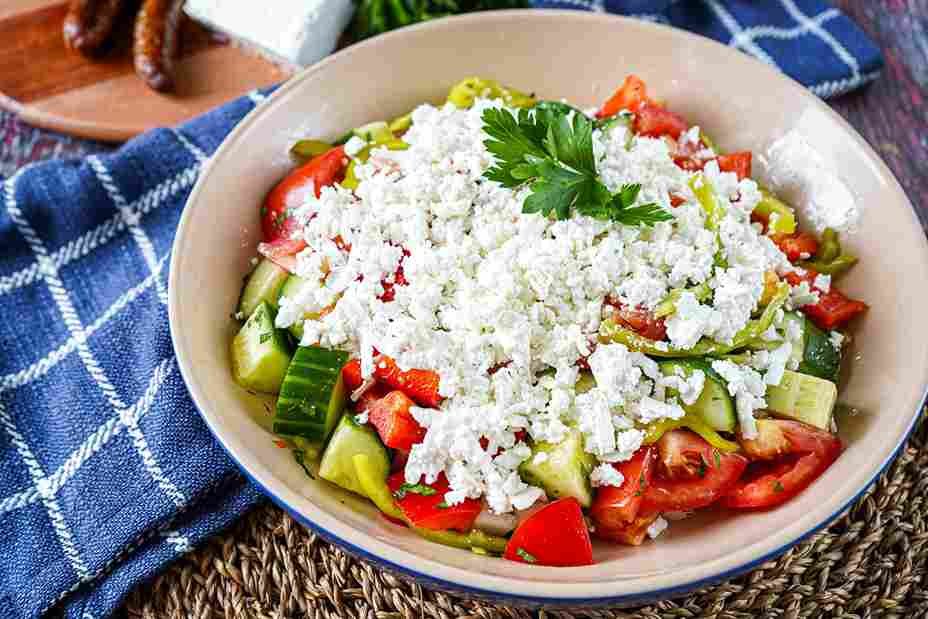
Often referred to as Bulgaria’s national dish, Shopska Salad is made with fresh tomatoes, cucumbers, onions, and a generous topping of crumbly feta cheese. Shopska Salad is one of the dishes found in the Bulgarian state-approved cookbooks from 1956. The dish comes from the westernmost Bulgarian region and is called Shopluk.
D. Rakia (Fruit Brandy)
Rakia is produced from fermented and distilled fruits, especially plumps and grapes. This fruit brandy is a national favorite, often served as a welcome drink. It pairs wonderfully with Shopska Salad. Rakia contains 40-50% alcohol content in it, which makes it a strong choice to drink, most of the Rakia drink is colorless, but some has found in light brown color due to its different fermentation method.
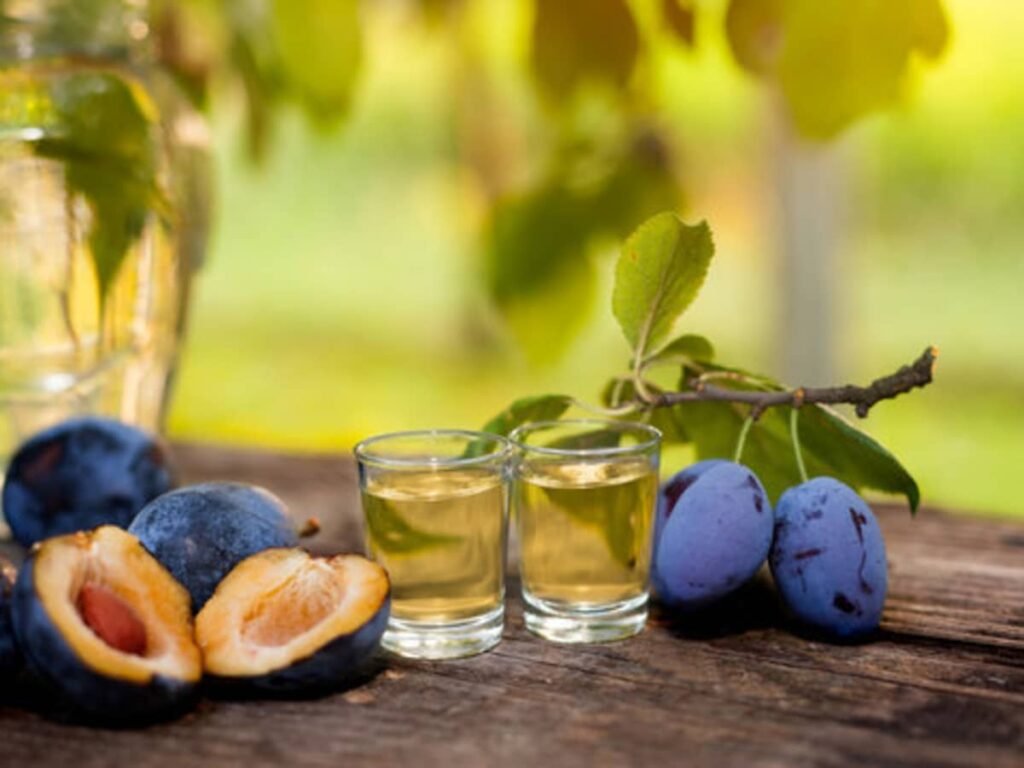
E. Bulgarian Wine

Bulgaria produced a variety of wines based on its soil and different climatical properties. Some of the rare types of grapes include Tamianka (Muscat Blanc), Red Misket, and Dimyat. Are found in Bulgaria. With notable wine regions like the Thracian Valley and Struma River, Bulgaria offers a variety of excellent wines, including Mavrud and Melnik. If you are a wine lover and want to taste different types of wines, Bulgaria can be one of the best options for you.
Bulgaria’s Famous Festivals
Bulgaria’s festivals are a blend of ancient traditions, religious celebrations, and modern events, making them a vibrant aspect of its cultural landscape. Let’s see which are these festivals:
A. Kukeri Festival
Kukeri celebrated in winter, this festival features men dressed in elaborate costumes and masks performing rituals to ward off evil spirits. This festival takes place around the start of the new year during the carnival season. It is believed to be that this festival brings a good harvest, health, and happiness to the life of village people.
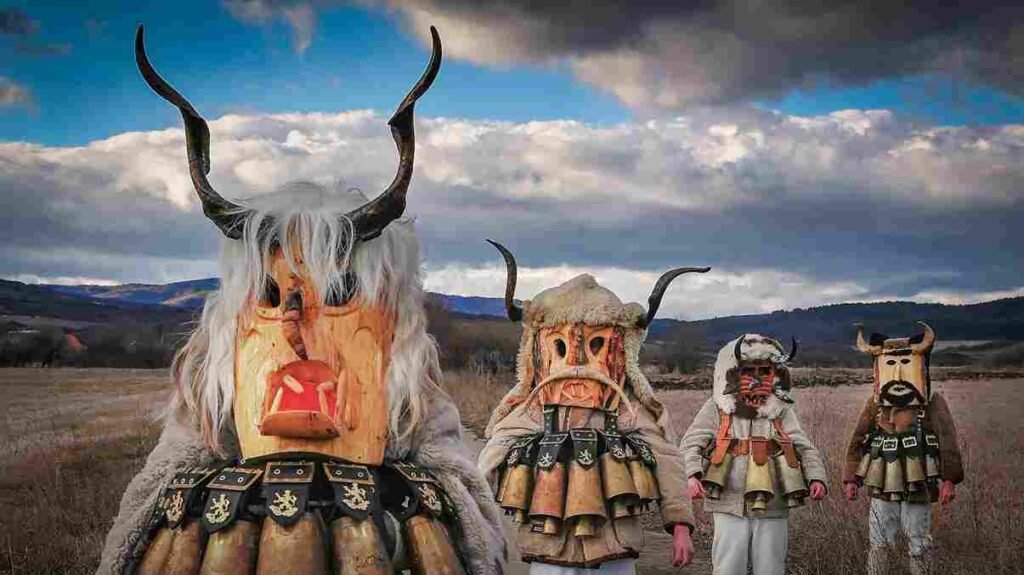
B. Rose Festival In Kazanlak
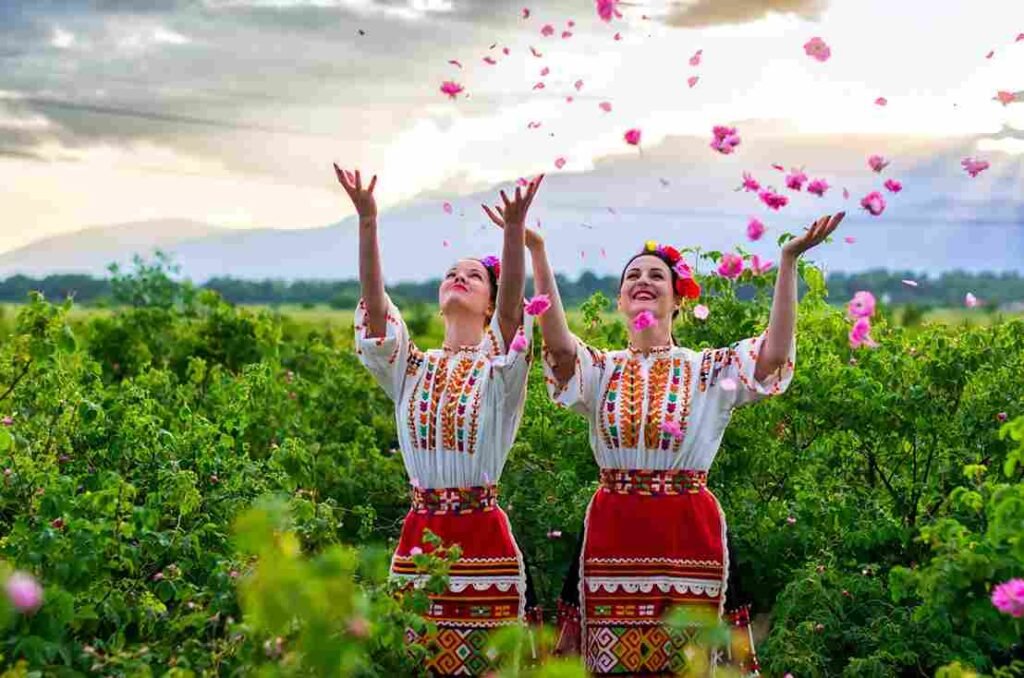
Rose festival is held between May and June, this festival celebrates Bulgaria’s famous Rose Valley and its rich rose oil heritage with parades, dances, and rose-picking ceremonies. People used to collect the rose petals before sunrise to make rose oil from these petals, this oil is also called “Liquid Gold” of Bulgaria.
C. Surva Festival
Surva festival is recognized by UNESCO, this celebration of mask-wearing showcases Bulgaria’s tradition of masquerade rituals to bring health and fertility. Surva held at the start of every new year, mostly occurred in Jan and Feb month. The term Surva refers to the “blanket” and the Bulgarian people show their art by making different and unique costumes to participate in this ritual.
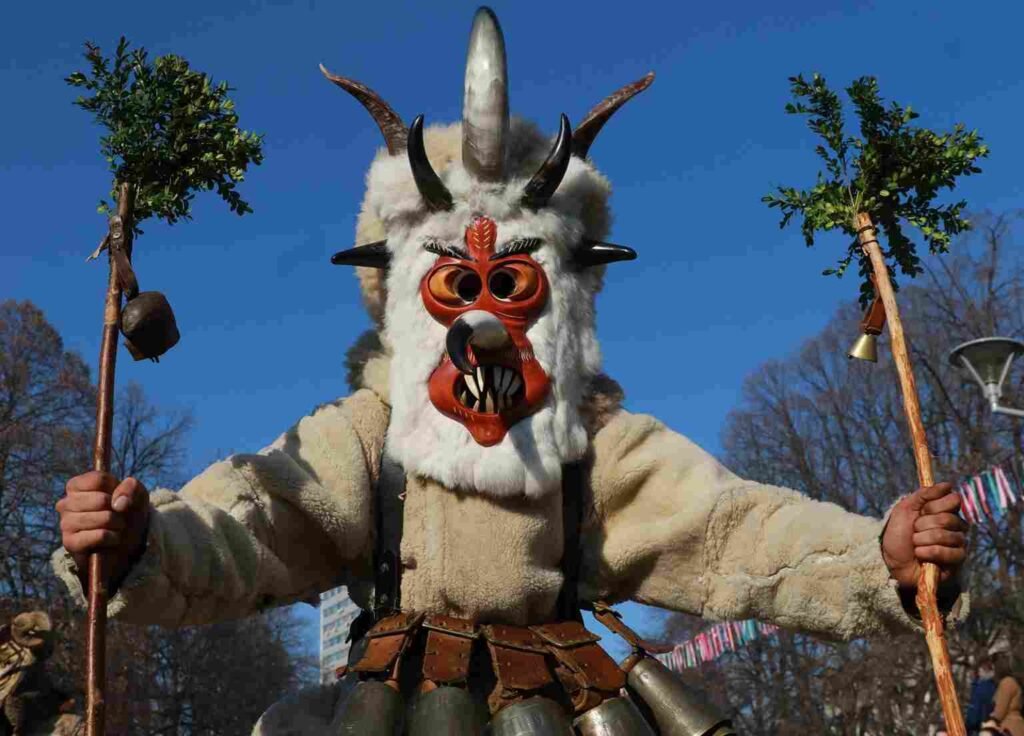
D. Easter (Velikden)
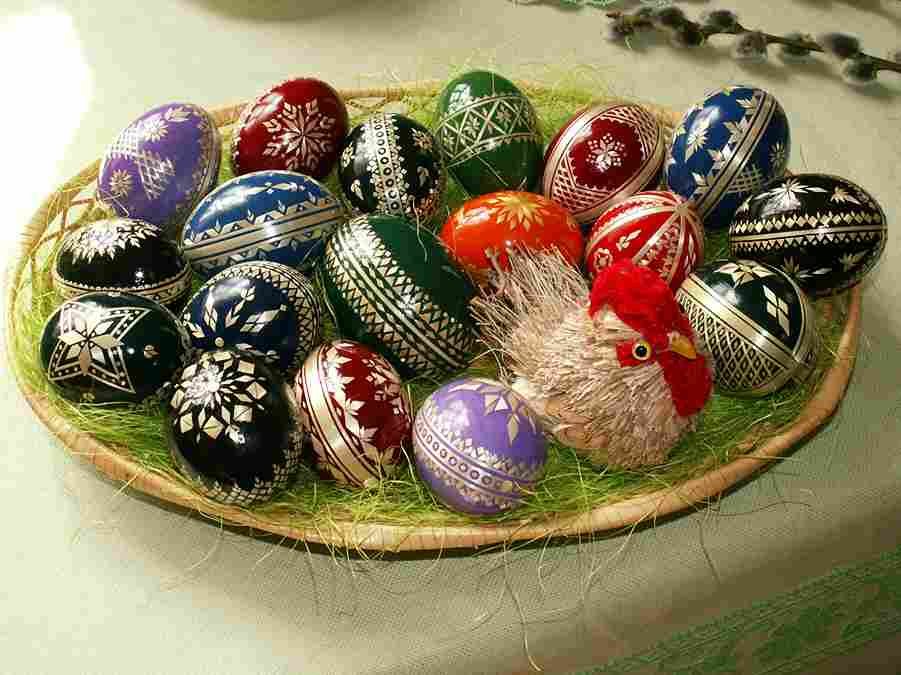
Bulgarian Easter is marked by colorful egg-cracking games and elaborate feasts. This festival is held in May or June month of the year, Bulgarian people used to color the egg red color which symbolizes the blood of Christ, and kept it safe for the next year for Good Luck. People bake sweet bread for their family, friends, and relatives.
E. Christmas (Koleda)
Unique customs like caroling by “Koledari” (young men dressed in traditional attire) add a special charm to Christmas celebrations. On this day children and teens of Bulgarian village people visit their friends or neighbors to give them best wishes for their health and new year and receive some sweets or money in return.
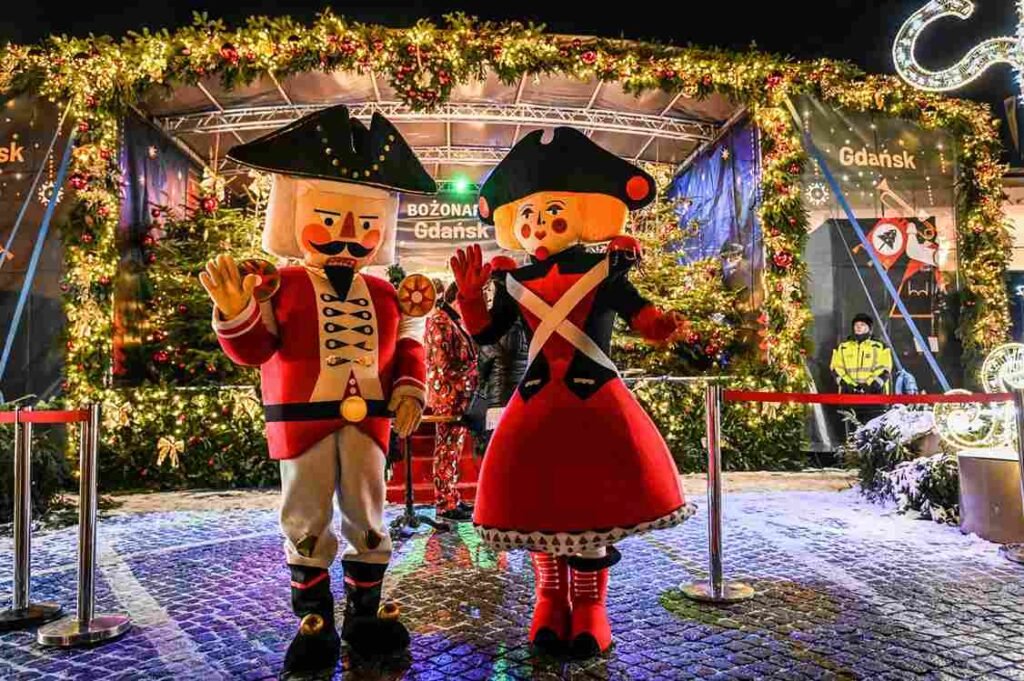
F. Sofia Film Festival
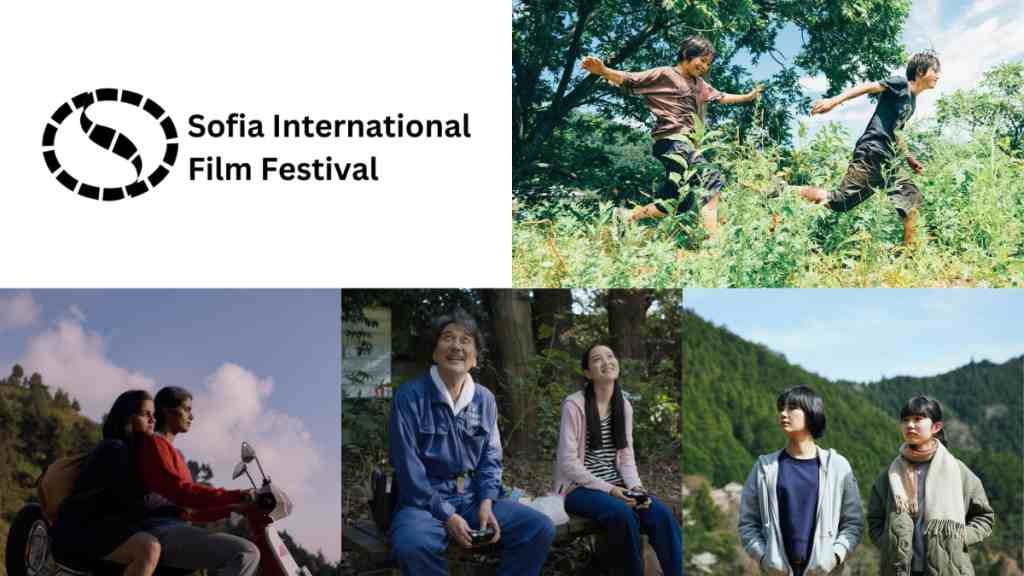
A significant event in the European film calendar, showcasing local and international cinema talent. Sofia Film Festival is expected to be held in March month of 2025, the goal of celebrating this festival is to connect modern cinema with the local audience of Bulgaria and promote Bulgarian cinema to the international level.
G. Spirit of Burgas
This music festival on the Black Sea coast attracts international artists and music lovers every summer. This music festival was first took place in August 2008, since then this festival has gained popularity and celebrated every year with more energy and joy.
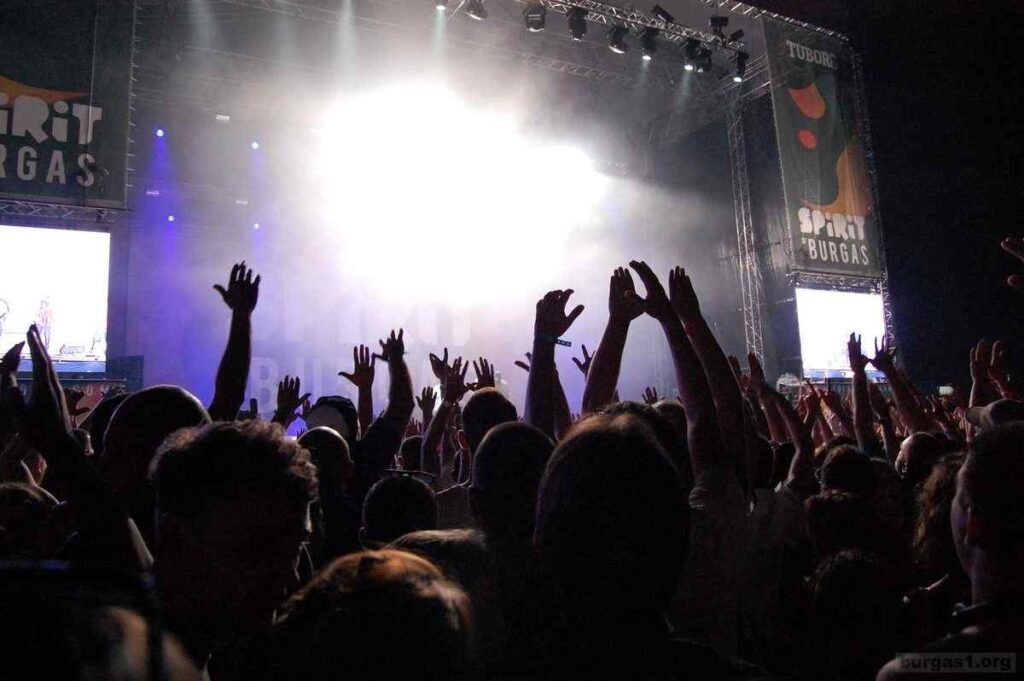
Traditional Bulgarian Customs
Bulgarians cherish their traditions, many dating back centuries, offering a glimpse into the country’s rich cultural heritage. Let’s find out some of them:
A. Martenitsa Tradition
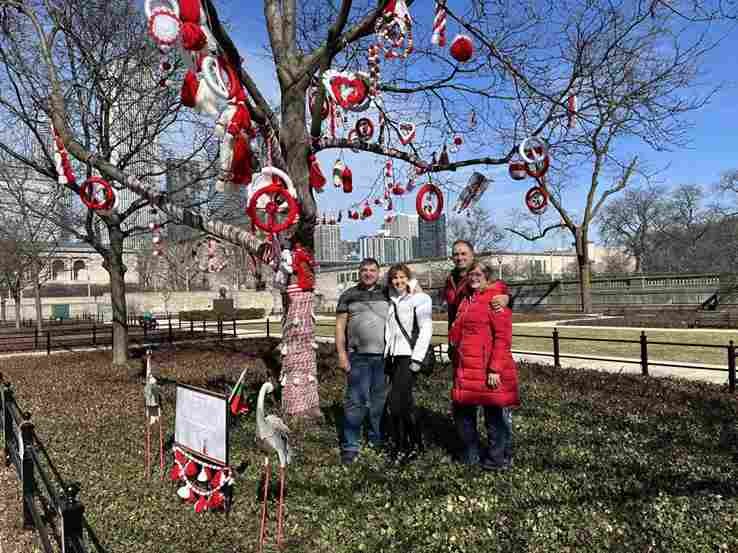
Red and white bracelets symbolize health and prosperity in Bulgaria every March. A blooming tree marks the arrival of spring by wearing these. Red and white colors symbolize the rebirth, hope, and awakening of nature. In some mountain villages, people used to decorate their homes or animals for better luck and health.
B. Horo Dance- Folk Dance
A Communal folk dance performed at celebrations or festivals. Horo dance has many varieties, mostly danced in a circle, serpentine chain, and in a straight line formation. Women perform simple steps but the men’s steps are a little complicated.
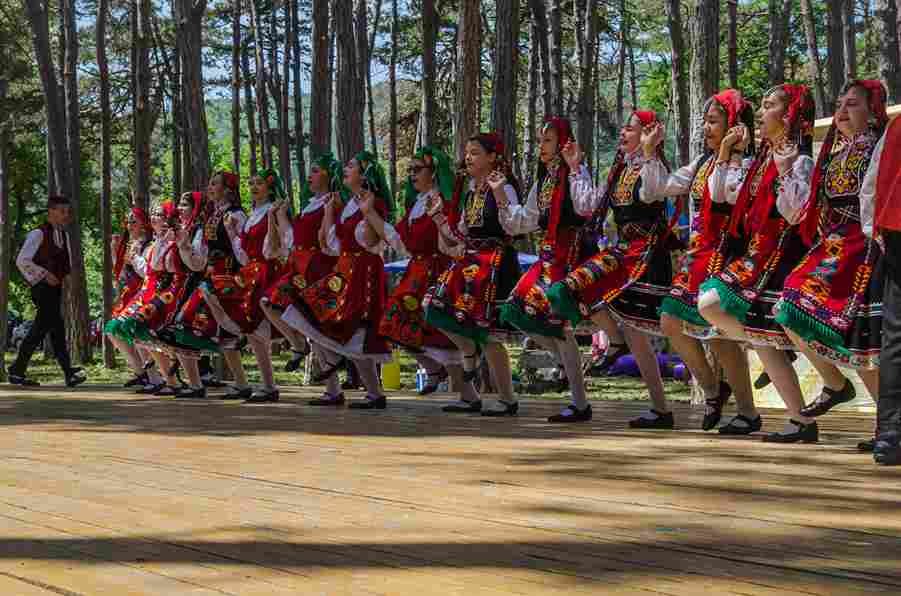
C. Folk Music- Bagpipes (Gaida)

A symbol of Bulgarian folk music element of Bulgarian folk music, that resonates with the country’s pastoral roots. Gaida is played at weddings, celebrations, and festivals in Bulgaria. As Bulgarian says the festival without playing Gaida feels like a funeral.
Conclusion
From its flavorful dishes and vibrant festivals to cherished traditions, Bulgaria is one of the best and cheapest country to live in luxury that captivates with its rich cultural tapestry.
Bulgaria is one of the best destinations to experience culture, eat delicious food, and witness unique traditions. This charming country is one of the best-kept secrets in Europe. Hope you enjoy the article. Feel free to share your thoughts about the article in the comment section. Take Care.

